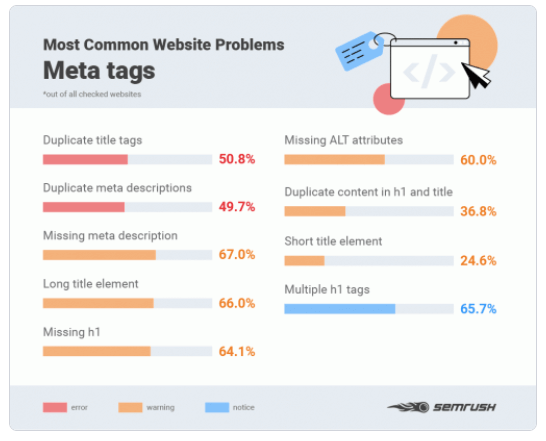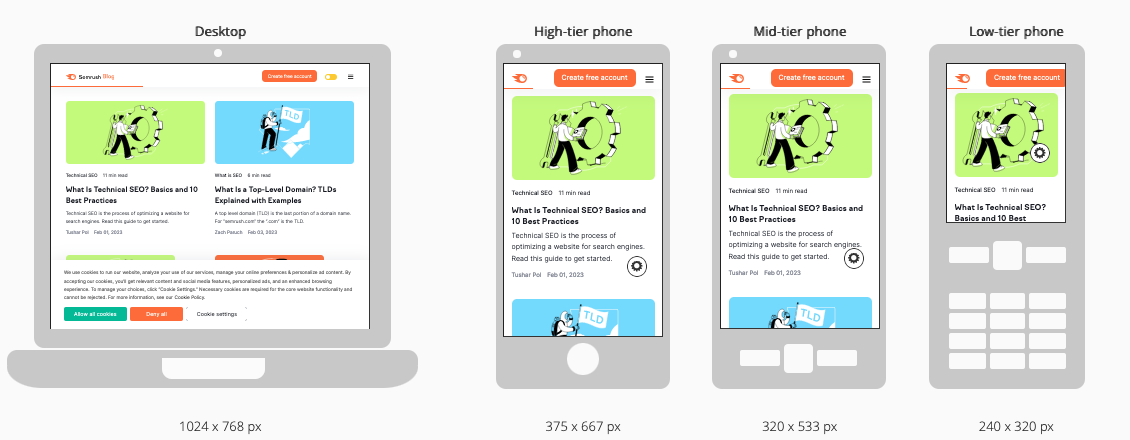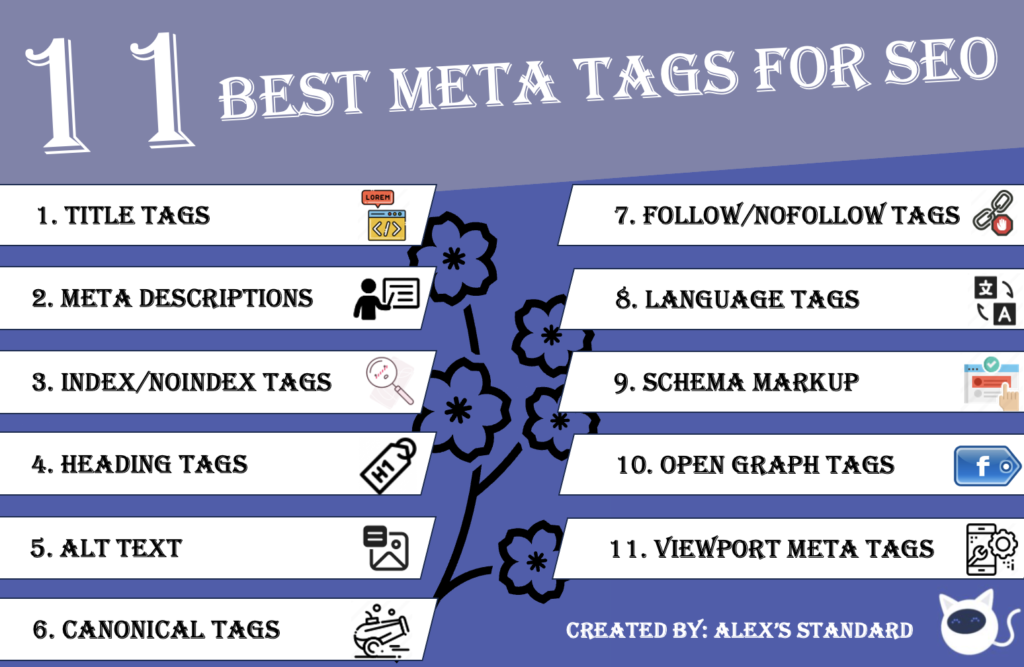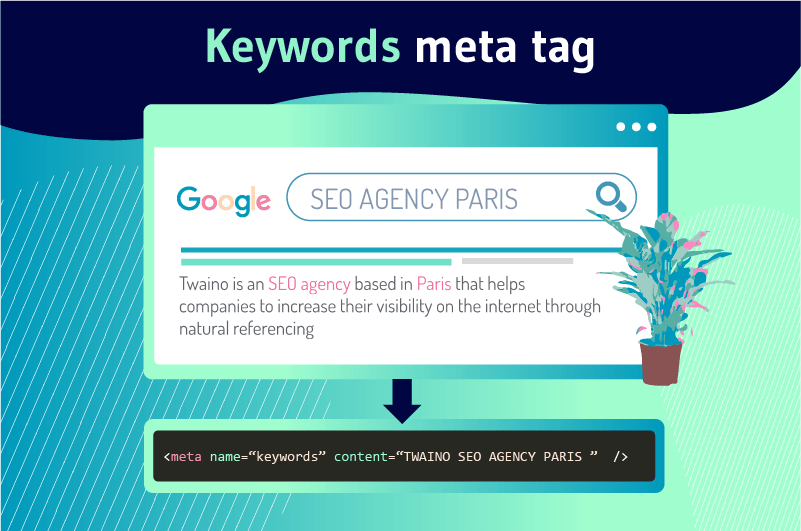Unlock the mystery of meta tags and learn how they can boost your website’s SEO and visibility online. Dive in now!

Image courtesy of via DALL-E 3
Table of Contents
Introduction to Meta Tags
In the vast world of the internet, there are hidden secret codes that help search engines like Google and Bing understand what a web page is all about. These secret codes are called meta tags. But what exactly are meta tags, and why are they so important for web pages? Let’s dive into the fascinating world of meta tags and uncover their significance.
Imagine you have a library full of books. Each book has a title, a brief description on the back cover, and keywords that hint at what the book is about. Meta tags are like these elements for a web page. They provide crucial information to search engines about the content of a web page, making it easier for them to categorize and display the page in search results.
Meta tags are like secret agents working behind the scenes to help search engines navigate the vast expanse of the internet and find the most relevant information for users. They are tiny pieces of code that play a big role in making sure your web page gets noticed among the sea of websites out there.
What are Meta Tags?
Meta tags are special pieces of HTML code that are added to a web page. Think of them as labels that help search engines like Google and Bing understand what a web page is all about. These tags provide important information about the content of a webpage, making it easier for search engines to categorize and rank it.
HTML Basics
HTML stands for HyperText Markup Language. It is the coding language used to create and structure web pages. Just like how we use letters to form words, HTML uses tags to structure content on a webpage.
Structure of a Meta Tag
A meta tag consists of specific elements that provide information about a webpage. These elements include attributes like “name” and “content” to define what the tag is about. This meta tag is then placed in the head section of the HTML code of a webpage.
Types of Meta Tags
Meta tags come in different types, each serving a specific purpose in helping search engines understand and categorize web pages. Let’s take a look at three common types of meta tags:

Image courtesy of www.99signals.com via Google Images
Meta Description
A meta description is a brief summary that describes the content of a web page. It usually appears below the title in search engine results. For example, if a web page sells shoes, the meta description may say, “Shop the latest trends in footwear at our online store.” This helps users know what to expect when they click on the link.
Title Tag
The title tag is an essential meta tag that specifies the title of a web page. This title appears at the top of the browser tab and is also displayed as the clickable headline in search engine results. For instance, if the web page is about healthy recipes, the title tag could be “Delicious and Nutritious Recipes for a Healthy Lifestyle.”
Keyword Tag
The keyword tag used to be a critical meta tag for search engine optimization (SEO). It allowed webmasters to list specific keywords related to the content of the page. However, search engines like Google now largely ignore this tag due to abuse by keyword spammers. Therefore, its relevance has decreased over time.
Why are Meta Tags Important?
Meta tags play a crucial role in helping search engines like Google and Bing understand the content of a web page. Think of meta tags as the tiny labels that tell search engines what a webpage is all about. Just like how labels help you find your favorite toy in a messy room, meta tags guide search engines to find and rank a webpage accurately.
Helping Search Engines
Search engines use meta tags to read and categorize web pages, making it easier for them to show the most relevant results when someone searches for something online. By including meta tags in the HTML code of a webpage, you’re essentially giving search engines a sneak peek into what the page is all about. This improves the chances of your webpage showing up in search results when people look for information related to your content.
Improving Visibility
When web pages have well-optimized meta tags, they are more likely to rank higher in search results. This means that your webpage has a better chance of being seen by more people who are searching for the information or products/services you offer. So, by using meta tags effectively, you can increase the visibility of your webpage and attract more visitors.
How to Add Meta Tags to a Web Page
Adding meta tags to a web page is a crucial step in helping search engines like Google and Bing understand what your page is all about. It’s like giving them a sneak peek into the content of your website. Here’s a simple guide to help you add meta tags to your web page.

Image courtesy of www.semrush.com via Google Images
Finding the Right Place
Meta tags are placed within the HTML code of a web page. Specifically, they are inserted within the <head> section of your HTML document. This is where you provide additional information about the page without having it displayed on the actual page.
Writing Meta Tags
There are different types of meta tags, each serving a specific purpose. Let’s take a look at a couple of examples:
Meta Description: This tag provides a brief description of the content on your page. It should be concise and enticing to encourage users to click through to your site. An example of a meta description tag would look like this: <meta name="description" content="Discover the best tips for adding meta tags to your web page.">
Title Tag: The title tag is what appears as the clickable link in search engine results. It should accurately reflect the content of your page. Here’s an example of a title tag: <title>How to Add Meta Tags to a Web Page</title>
By following these simple examples and guidelines, you can effectively add meta tags to your web page, improving its visibility and helping search engines understand its content.
Best Practices for Meta Tags
When creating meta tags for your web page, it is essential to follow some best practices to ensure they are effective in improving your site’s visibility and search engine ranking. Let’s explore some tips to create the best meta tags.
Using Relevant Keywords
One of the most crucial aspects of meta tags is choosing relevant keywords that accurately reflect the content of your web page. These keywords should be words or phrases that users are likely to search for when looking for information related to your site. By using relevant keywords in your meta tags, you can help search engines understand the content of your page and improve its visibility in search results.
Keeping It Concise
When writing meta descriptions and titles, it is important to keep them concise yet informative. Your meta description should provide a brief summary of the page’s content, enticing users to click on your link. Similarly, the title tag should be short and descriptive, giving users a clear idea of what the page is about. By keeping your meta tags concise, you can effectively communicate the content of your page to both search engines and users.
Common Mistakes to Avoid
When it comes to creating meta tags for your web pages, there are some common mistakes that you should steer clear of. By avoiding these errors, you can ensure that your meta tags are effective in helping search engines understand and rank your content properly.

Image courtesy of alexsstandard.com via Google Images
Keyword Stuffing
One of the most prevalent mistakes people make when crafting meta tags is keyword stuffing. This refers to the practice of excessively using keywords in an attempt to manipulate search engine rankings. While keywords are important for meta tags, overloading them can actually hurt your SEO efforts.
Instead of stuffing your meta tags with keywords, focus on using relevant and natural language that accurately reflects the content of your web page. This will not only make your meta tags more effective but also improve the user experience for visitors.
Duplicate Meta Descriptions
Another common mistake to avoid is using the same meta description across multiple pages. Each web page should have a unique and descriptive meta description that accurately summarizes its content. By duplicating meta descriptions, you miss out on the opportunity to provide valuable information to both search engines and users.
Ensure that each page on your website has a distinct meta description that is both informative and engaging. This will help improve the visibility of your pages in search results and attract more organic traffic to your site.
Resources for Learning More
If you want to dive deeper into the world of meta tags and HTML, there are plenty of resources available to help you learn more. Here are some suggestions to get you started:
Online Tutorials
Online tutorials are a great way to learn about meta tags and HTML in a hands-on way. Websites like W3Schools and Codecademy offer interactive tutorials that let you practice coding and see the results in real-time. These tutorials are perfect for beginners who are just getting started with HTML and meta tags.
Books and Articles
If you prefer reading and want to learn more in-depth about meta tags, there are plenty of books and articles that can help. Look for books like “HTML and CSS: Design and Build Websites” by Jon Duckett or “SEO 2022: Learn Search Engine Optimization with Smart Internet Marketing Strategies” by Adam Clarke. These resources provide valuable insights and practical tips to help you master the art of using meta tags effectively.
Conclusion
In conclusion, meta tags play a crucial role in helping search engines understand the content of a web page. By including meta tags in the HTML code, website owners can improve their page’s visibility and enhance its chances of ranking higher in search results.

Image courtesy of www.twaino.com via Google Images
Using meta tags correctly is essential for any website looking to attract organic traffic and increase its online presence. Remember to choose relevant keywords, keep descriptions concise, and avoid common mistakes like keyword stuffing and duplicate meta descriptions.
By following best practices and utilizing meta tags effectively, website owners can optimize their web pages for search engines, ultimately leading to increased visibility and better online performance.
Want to turn these SEO insights into real results? Seorocket is an all-in-one AI SEO solution that uses the power of AI to analyze your competition and craft high-ranking content.
Seorocket offers a suite of powerful tools, including a Keyword Researcher to find the most profitable keywords, an AI Writer to generate unique and Google-friendly content, and an Automatic Publisher to schedule and publish your content directly to your website. Plus, you’ll get real-time performance tracking so you can see exactly what’s working and make adjustments as needed.
Stop just reading about SEO – take action with Seorocket and skyrocket your search rankings today. Sign up for a free trial and see the difference Seorocket can make for your website!
Frequently Asked Questions (FAQs)
What are meta tags used for?
Meta tags are bits of code that help search engines understand what a web page is about. They provide information about the content of the web page, making it easier for search engines like Google and Bing to index and display the page in search results. In simpler terms, meta tags tell search engines what your web page is all about.
Can I add meta tags to any web page?
Yes, you can add meta tags to any web page that you want search engines to understand and index accurately. It is especially important to include meta tags on important web pages where you want to ensure visibility in search results. Remember, meta tags play a crucial role in helping search engines determine the relevance of your content.
Do meta tags affect ranking?
Meta tags can impact the ranking of a web page in search engine results. While meta tags alone may not be the sole factor that determines the ranking of a page, they do contribute to the overall understanding of the page’s content by search engines. Properly optimized meta tags can help improve the visibility and ranking of a web page, so it’s important to use them wisely.







